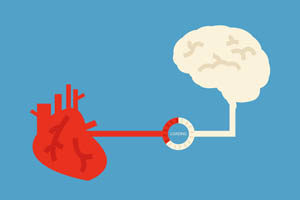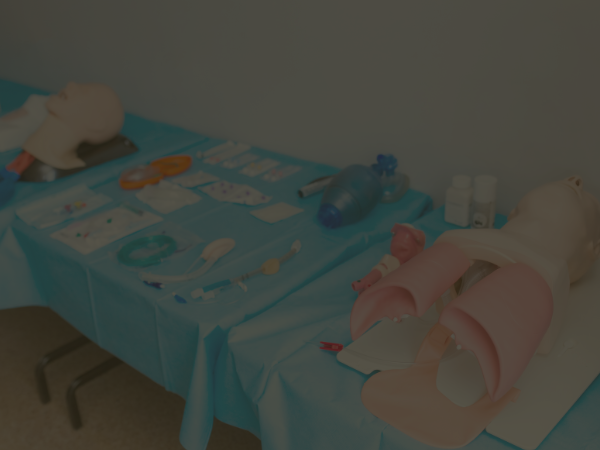IT HAPPENS ON THE 14TH OF FEBRUARY each year Valentine’s Day. All over the nation, children are exchanging valentine cards and partners are gifting confectionary treats and bouquets of flowers to express their love for one another. While not everyone celebrates in the same way, one thing is universal: love – which, in reality, is what the ooey-gooey holiday is all about. This year, instead of merely engaging in the materialistic side of Valentine’s Day, challenge yourself or those around you to focus on appreciating the reason behind the special day love.
If you have love in your life, whether from a spouse, friend, sibling, parent or teacher, you are experiencing healthy and beneficial chemical reactions powered by your brain and heart. So, how does love make you healthier?
 1. Love encourages healthier decisions
1. Love encourages healthier decisions
According to semc.org, researchers have found that married couples often live longer than people who are not married, never have been married, divorced or widowed. Many experts believe this to be the case simply because typically single men engage in more high-risk health behaviors than married men, such as heavy drinking and faster driving.
According to WebMD, binge drinking can lead to an assortment of chronic illnesses and disease such as cancer, cardiovascular disease, nerve damage, depression, and so many more, while fast driving can result in unintentional injury or death due to accidents.
Not everyone believes marriage is right for them, however, and ultimately behavioral decisions that can benefit your health can be accomplished with or without matrimony.
2. Love emits positive emotions
In a healthy relationship, there is a seemingly endless list of emotions that one feels. Some of these include safety, comfort, joy, curiosity and hope. In a study done by the American Psychological Association, two positive emotions – hope and curiosity – were studied in conjunction with hypertension, diabetes and respiratory tract infections. This 2-year study found that higher levels of hope were associated with a reduced probability of developing one of these diseases, while higher levels of curiosity were associated with a decreased probability of developing hypertension and diabetes.
3. Love can help fight cancer
According to a study done by researchers at the University of Iowa, women suffering from ovarian cancer who had a strong sense of connection and healthy relationships had a survival benefit” over women without those social connections.
While love cannot replace healthy choices such as daily exercise and a low-cholesterol diet, it certainly has health benefits! So, love one another and celebrate health this Valentine’s Day.
We want to know: Do you celebrate Valentine’s Day?
References:
Lutgendorf, S. K., K. De Geest, D. Bender, A. Ahmed, M. J. Goodheart, L. Dahmoush, M. B. Zimmerman, F. J. Penedo, J. A. Lucci, P. Ganjei-Azar, P. H. Thaker, L. Mendez, D. M. Lubaroff, G. M. Slavich, S. W. Cole, and A. K. Sood. “Social Influences on Clinical Outcomes of Patients With Ovarian Cancer.” Journal of Clinical Oncology 30.23 (2012): 2885-890. Web.
Richman, Laura Smart, et al. “Positive emotion and health: going beyond the negative.” Health Psychology 24.4 (2005): 422.







Leave a Reply